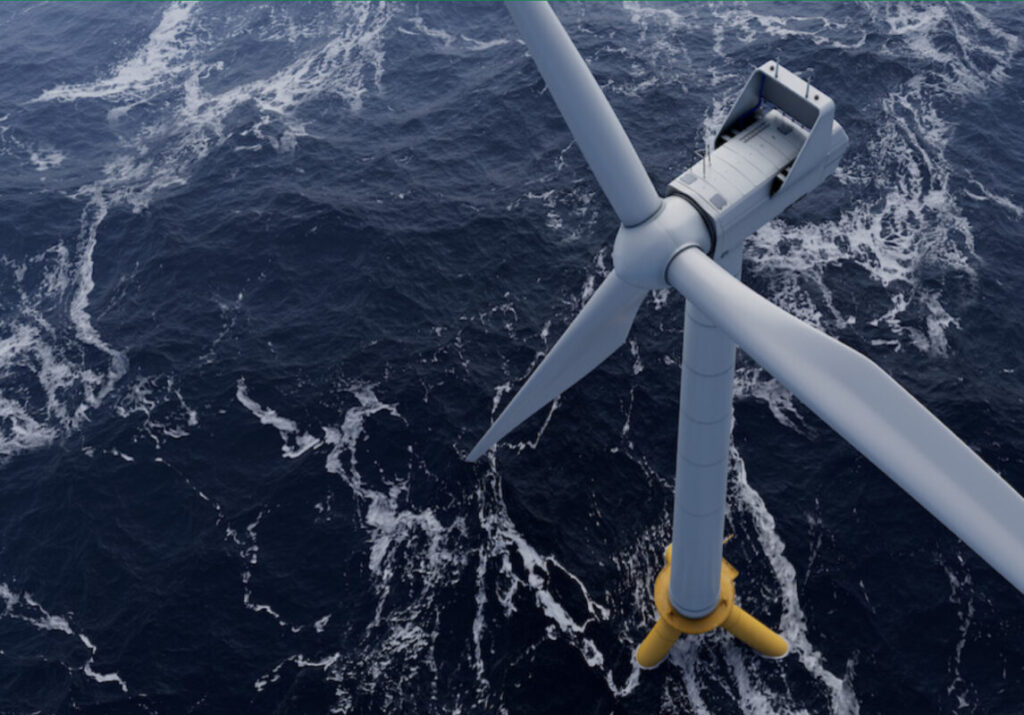RenewableUK Cymru has called on the next government to fast-track Wales’ transition to renewable energy. The trade association’s manifesto urges the creation of a ‘Four Nations Taskforce’ to streamline policies between the UK and Welsh Governments.
Only a quarter of generated in Wales today is from renewable sources; to meet clean energy demand, the country must quadruple its wind power capacity within the next decade.
RenewableUK Cymru emphasises the benefits of renewable energy, in particular its potential to make Welsh businesses more competitive and create thousands of jobs nationwide. The manifesto asks that the Welsh government adopt technology-specific targets to incentivise its ambition to meet 100% electricity demand from renewable sources by 2035.
The manifesto cites a poll by Opinium of 10,021 UK residents that reveals nine out of ten people in Wales see renewables as a key issue for the next government. A further 63% want their MP to push for more investment in this sector.
It also identifies the three strategic barriers to the transition: the poor grid network in Wales, a stretched planning and consenting system and a lack of port and supply chain readiness. Should these hurdles be overcome, RenewableUK Cymru argues, 8GW of renewable energy in the Welsh pipeline could be unlocked and the 2035 target met.
Director of RenewableUK Cymru, Jessica Hooper, said: “For Wales to succeed, we need a bold and swift action plan. In 2022, we had no projects connecting to the grid and only 6kW of wind energy consented—barely enough to power a single household.
“We are not building enough renewable energy projects to meet our growing electricity demand. We urge the next UK Government to establish a four nations taskforce, in collaboration with the Welsh Government and industry, to accelerate the transition to renewables across the UK. At this crucial moment in a competitive global market, we need a government ready to stand up and seize this opportunity for Wales.”
Welsh wind potential
RenewableUK Cymru further calls on the government to direct large-scale financial intervention to allow ports in Wales to invest in upgrades for offshore wind deployment, establishing a long-term revenue support mechanism for ports to continue sustainable investment in the region.
In February, the Crown Estate released research that indicated floating offshore wind in the Celtic sea could be worth up to £1.4 billion for the UK economy. It outlined that the supply chain and infrastructure opportunities arising from the development of new floating wind farms off the coast of South Wales and the South West England could also generate up to 5,300 new jobs.






